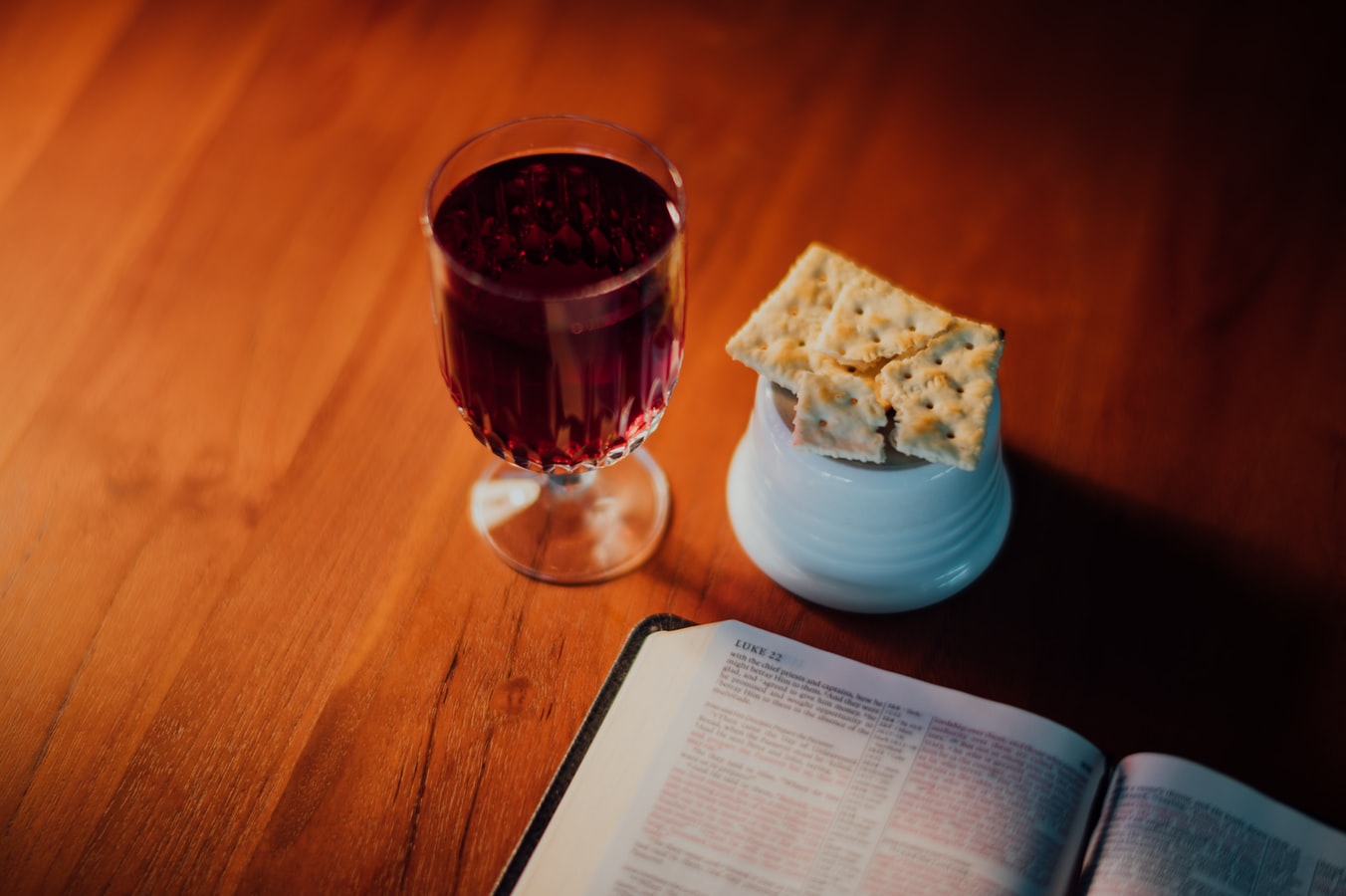Q&A: Sacraments

Q: What are the sacraments and what does it mean to be “sacramental?”
A: To be “sacramental” is to embrace a theology that views creation as filled with God’s presence and is therefore sacred and holy. It is to affirm the words of Genesis 1:31, “God saw all that he had made, and it was very good.”
Someone with a sacramental worldview believes and lives as though God’s extraordinary and mysterious presence is made known through the ordinary and common “stuff” of creation. This means that the material world is not just an unfortunate, necessary evil that we must overcome to get to the really “spiritual” stuff. (This is part of the teaching of an early heresy called gnosticism).
Instead, the material world is the very means by which God’s presence and grace is revealed to us. For Christians, Jesus Christ is the sacrament par excellence. The eternal Word took on human flesh and walked among us. Grace became visible. It was seen and touched.
With this worldview, all of life is sacramental through the eyes of faith. Music, art, nature, architecture, a simple meal, and even people can become visible expressions of God’s invisible grace and love.
While many things can be sacramental, the church also has designated some specific actions to be called a sacrament in the proper sense. John Wesley, as an Anglican priest, followed the tradition of the Church of England, which described the sacraments as “an outward sign of inward grace, and a means whereby we receive the same.”
Sacraments are reminders of what God has done in the past, but they are more than that. They enable us to enter into the great story of God’s salvation.
They are channels, or means, that have been given to us to experience the healing and saving grace of God. Eastern Orthodox and Catholic Christians embrace seven or more sacraments while most Protestant Christians speak of two explicitly established by Jesus: baptism and the Lord’s Supper.
For Wesley and a majority of Christians throughout history, sacraments are not primarily about celebrating the pledges we have made to God, but rather the pledges God has made to us.
Baptism in water points us toward the promise of the renewing, cleansing work of God’s Spirit, which rescues us from the darkness of our tombs and ushers us into a new and glorious life.
In Holy Communion, or the Lord’s Supper, the bread and cup point us toward the broken body and shed blood of Christ, which ultimately brings us healing (Isaiah 53:5) and nourishes us in the life of faith. Communion also reminds us of the call to feast in joy with the risen Christ and share in his resurrection life together.
In short, the sacraments keep bringing us back to God’s undeserved grace. Gratefully, the church is rediscovering the beautiful potential that lies in having a robust sacramental theology and practice.
As we celebrate the sacraments together, we are transformed by God’s grace. The church itself then becomes a sacramental reminder of God’s holy love and presence to the world.
Jason Veach
Please note: All facts, figures, and titles were accurate to the best of our knowledge at the time of original publication but may have since changed.




